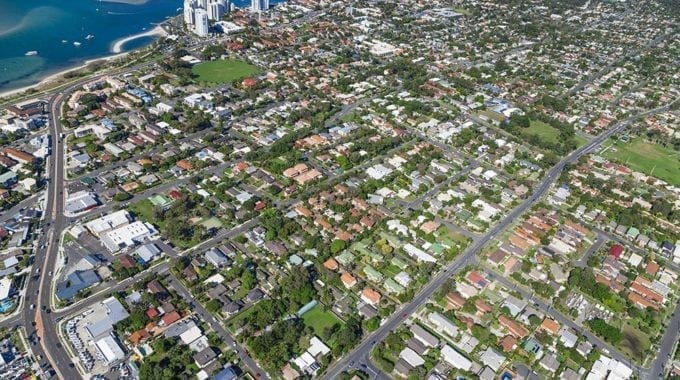At Horizon Property Alliance, we know that there is no such thing as one property…
Why I Agree NSW Rental Property Rules Need Updating
There are rock-solid reasons why property regulations need routine spring cleaning.
Like anything in real estate, and in life, if you are not moving with the times you risk getting left behind.
And the last thing an astute property investor wants is to fall out of touch with the modern rental market world.
Government regulations are designed to reflect market needs at the time they were enacted.
But, like any rule book, they can become redundant, duplicitous or ineffective if not regularly revisited and amended.
New South Wales is the latest state to face pressure to review its rules book related to its 800,000 rental properties.
Its latest Residential Tenancies Act was adopted in 2010 so it is high time the government, in consultation with the industry, dusted it off, pulled out its weed and gave it a 2017 revamp.
As we know in the business, a lot has impacted the residential tenancies market in the past seven years.
The state’s peak real estate body, the Real Estate Institute of NSW, recommends a review of legislation.
It wants revisions on rules around breaking fixed term leases, electronic service of notices and alterations to properties.
REINSW president John Cunningham is quoted saying the institute has drafted a “position statement” and sent it to the NSW Fair Trading Policy Department last month.
Sounds like REINSW means business and can see glaring issues with the RTA status quo.
The proactive institute wants a meeting with the state’s new Minister for Innovation and Better Regulation, Matthew Kean – the sooner the better.
“We felt it was necessary to take action ahead of any proposed amendments to the Residential Tenancies Act 2010 (RTA) being released,” Mr Cunningham says.
“Our statement specifically relates to the 27 recommendations tabled by the government in their Review Report for change to the RTA following on from their public consultation in 2016 (and) we look forward to working with the new Minister to ensure that the rights of tenants and landlords are protected and are in line with the needs of today.”
The REINSW Property Management Chapter Committee and a dedicated sub-committee formed in June 2015, to identify those areas in the current legislation requiring reform.
An Amendment Bill is expected to be passed by government by mid-2017.
I am impressed with the steps this industry body has taken to bring its RTA in line with the realities of fairly managing properties in Australia’s biggest rental market.
Finally, while we are on the topic, there is one glaring residential tenancy issue needing clarification.
What happens if a tenant sub-lets your property using an accommodation platform like Airbnb?
What protections exist for a landlord who is not informed of this activity in their own property?
The Insurance Council of Australia refers concerned landlords to their respective insurers for information on whether their policies offer any protection should an Airbnb guess cause damages.
There is no uniform landlord insurance policy cover as it stands today.
Let’s hope new digital media-related issues like this will be addressed in tenancy legislation reviews across Australia without delay.



